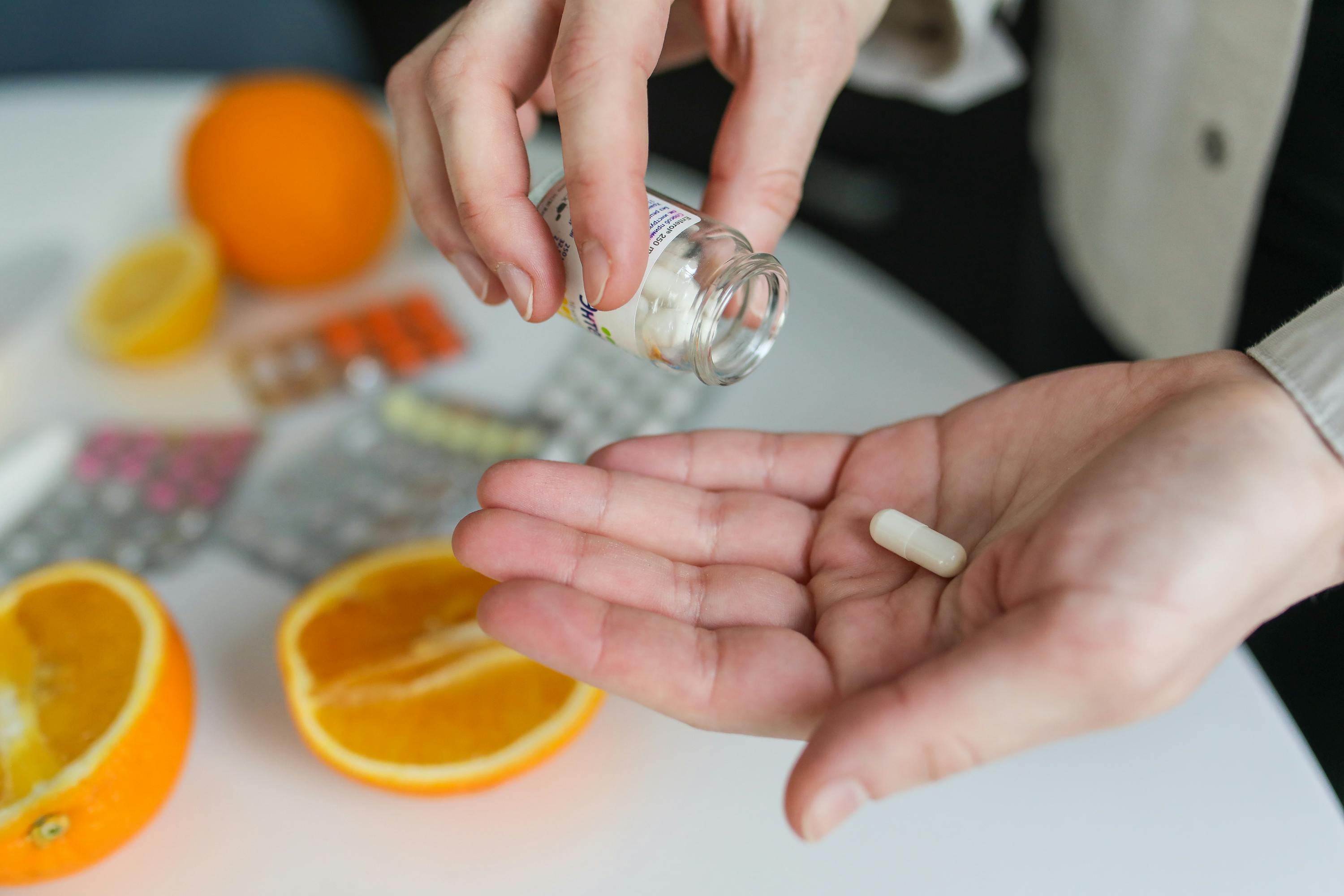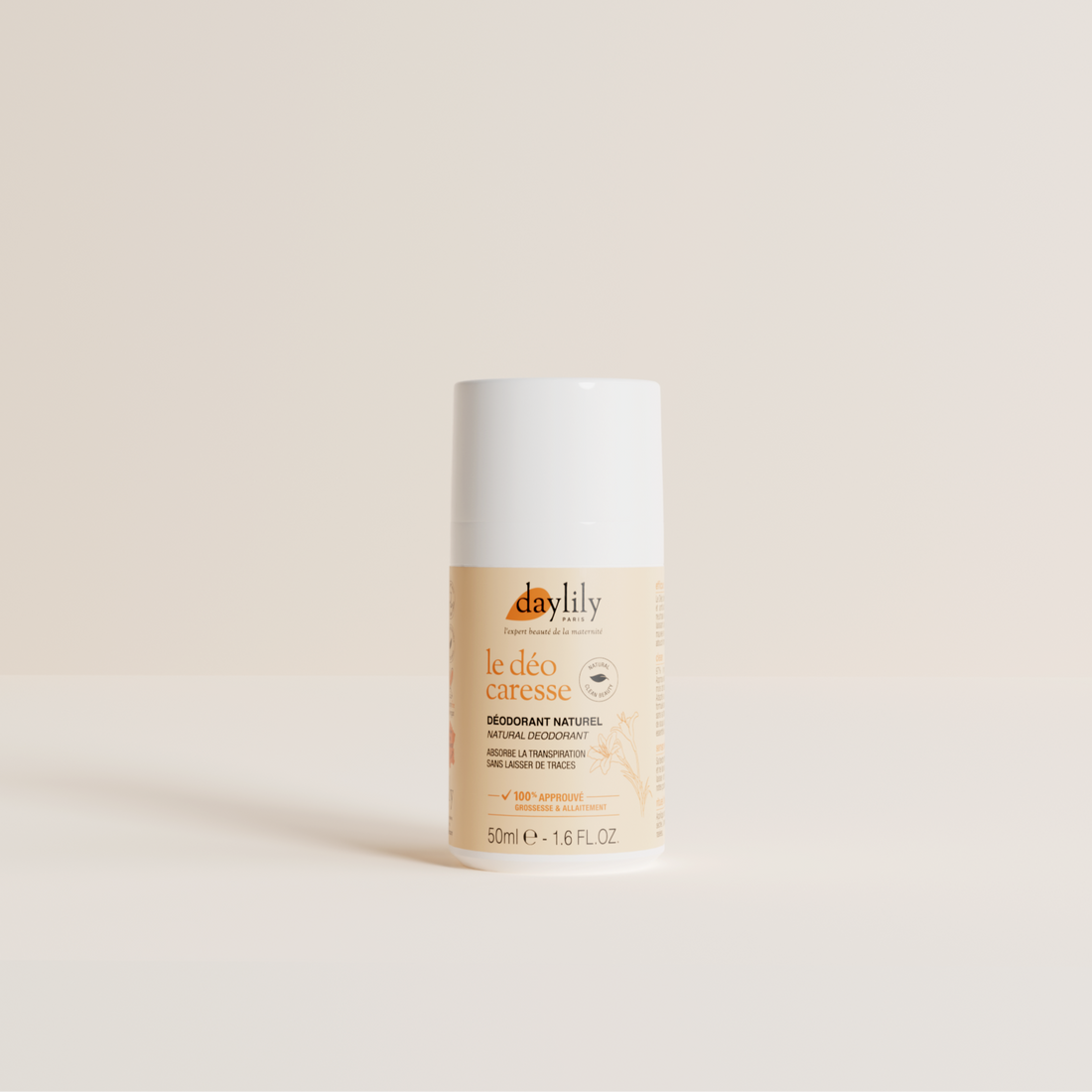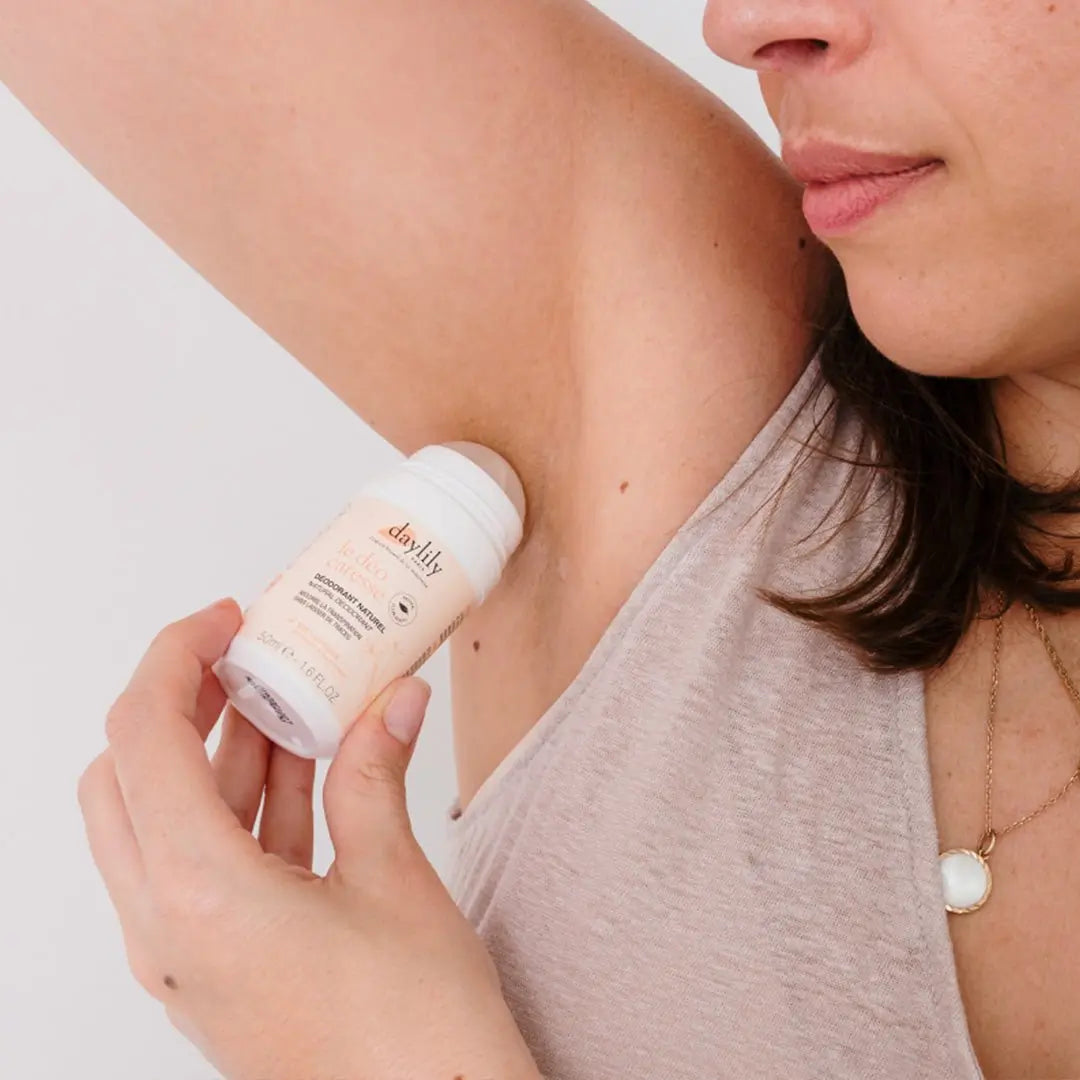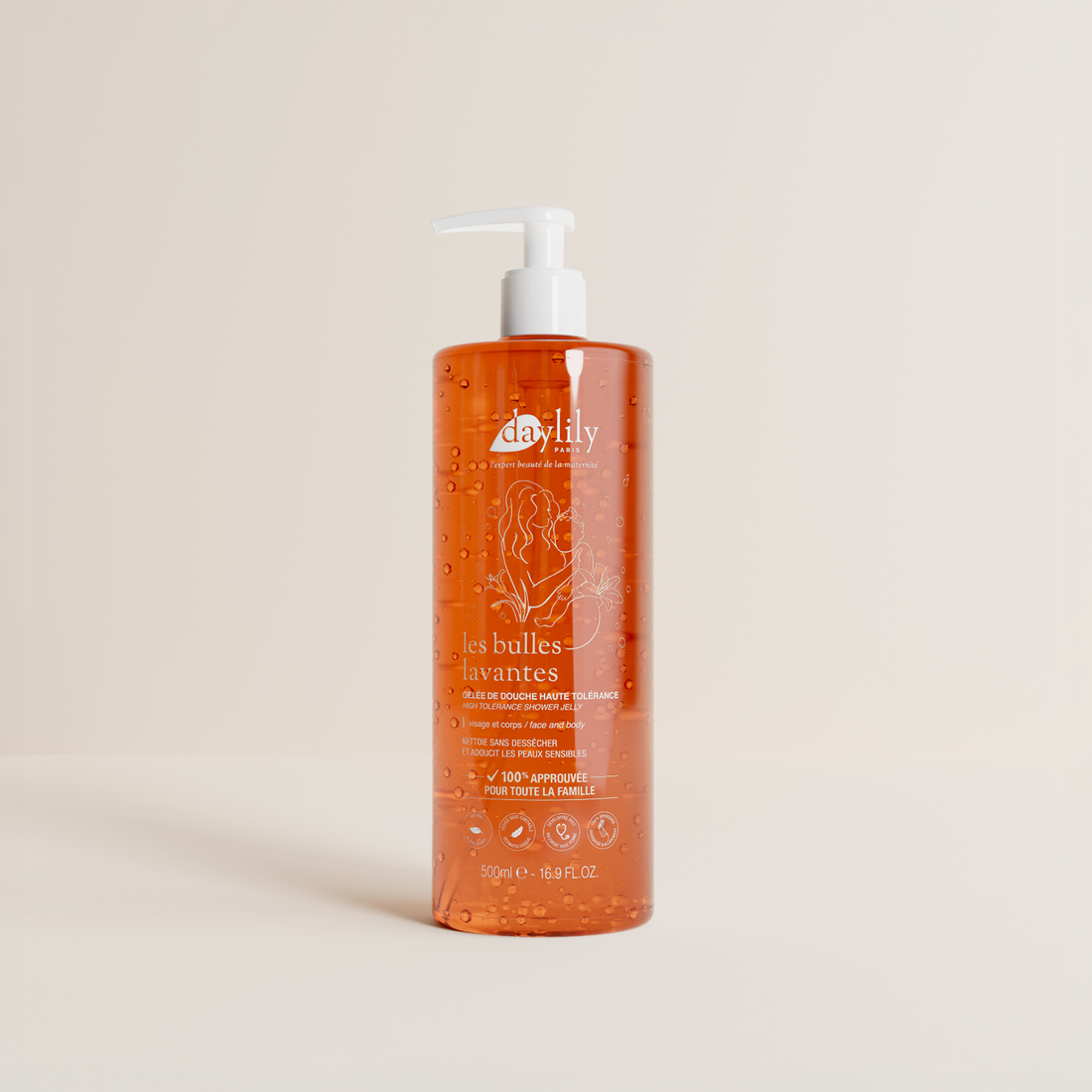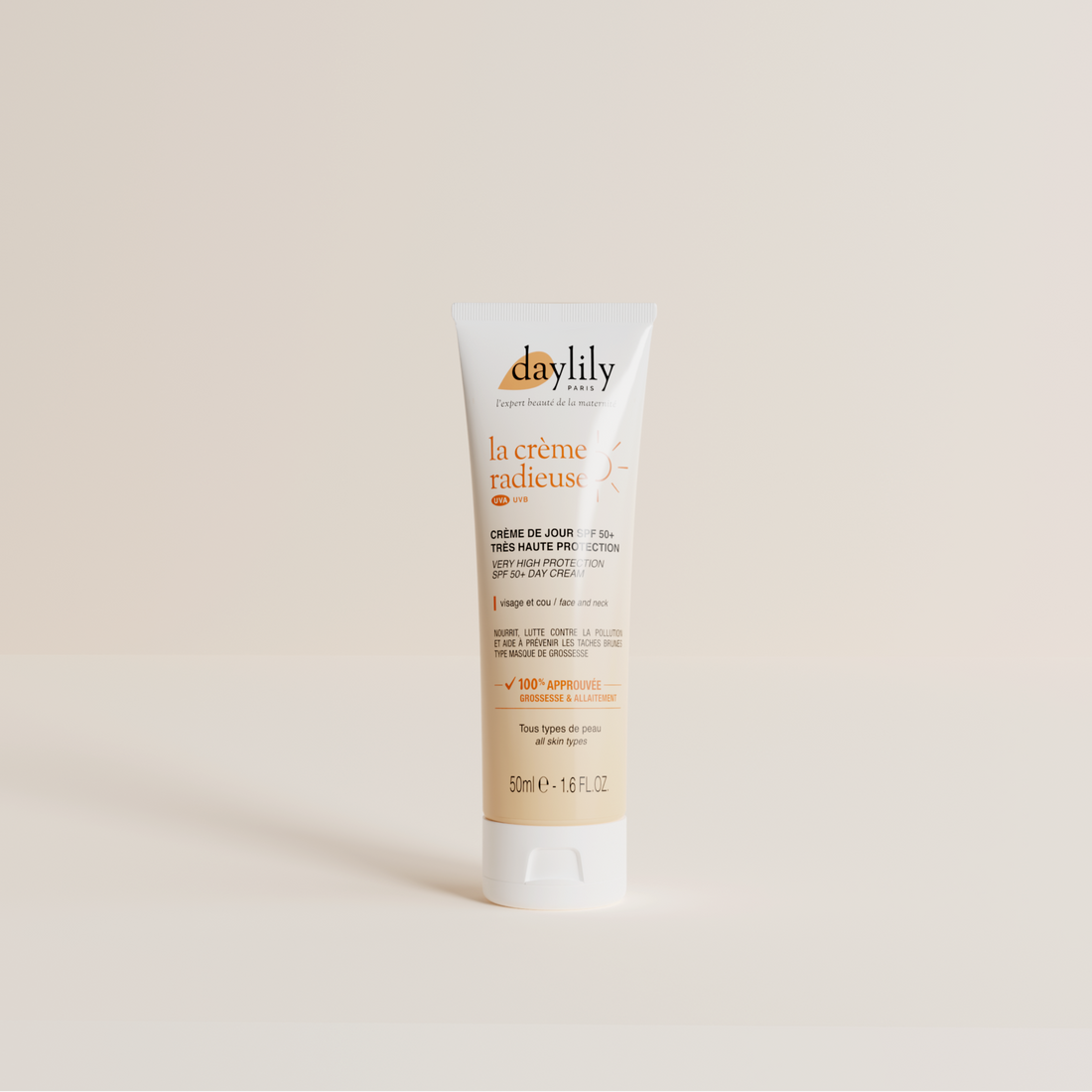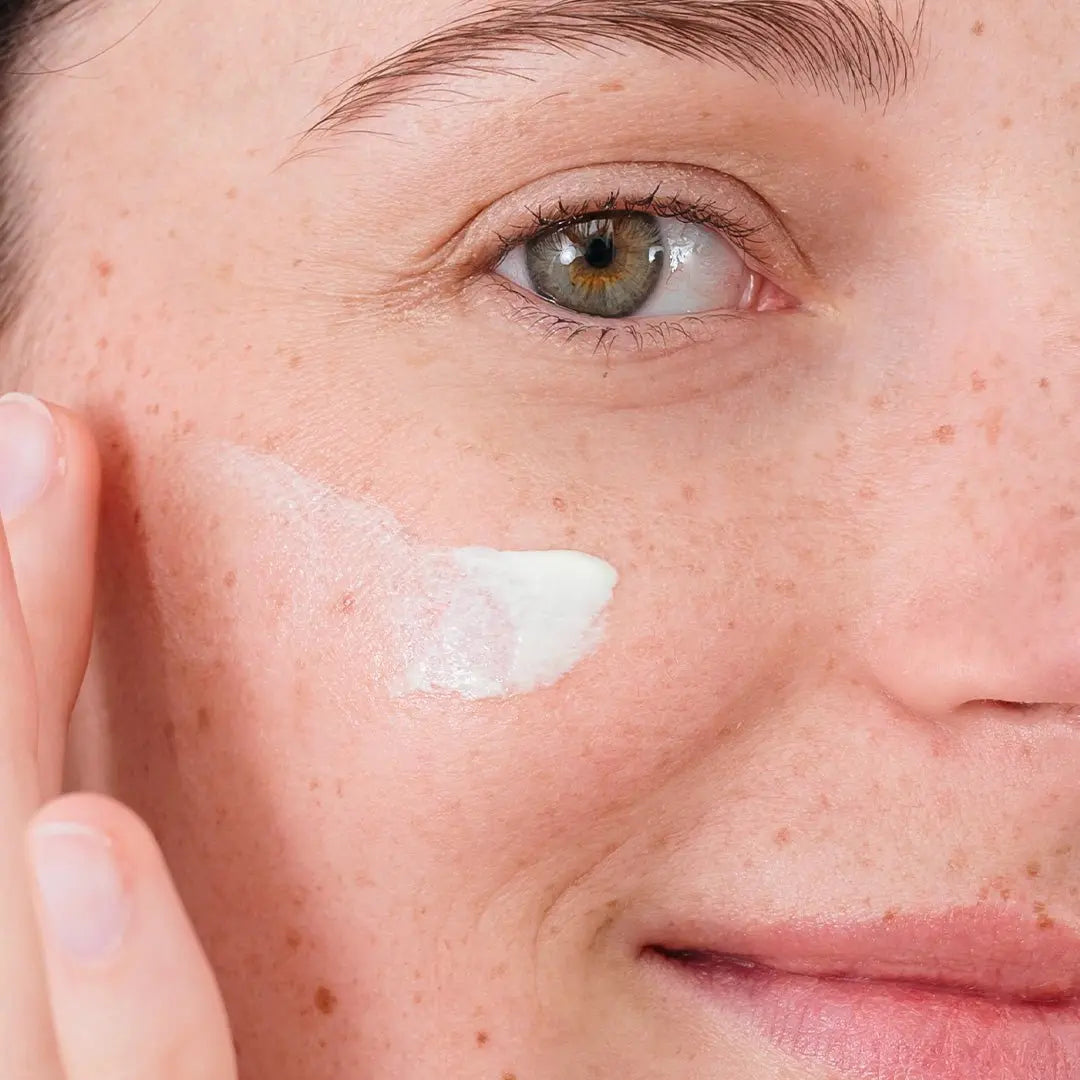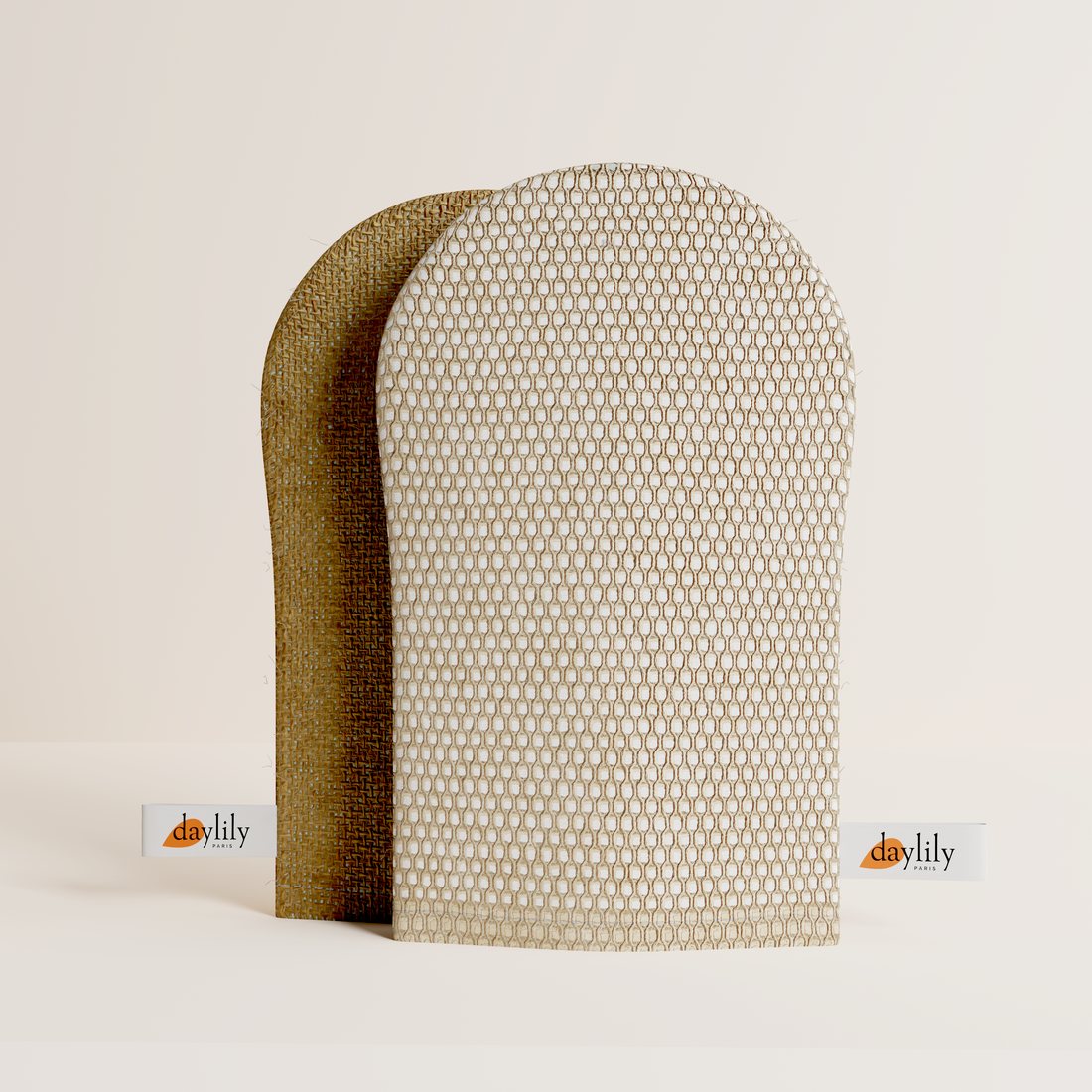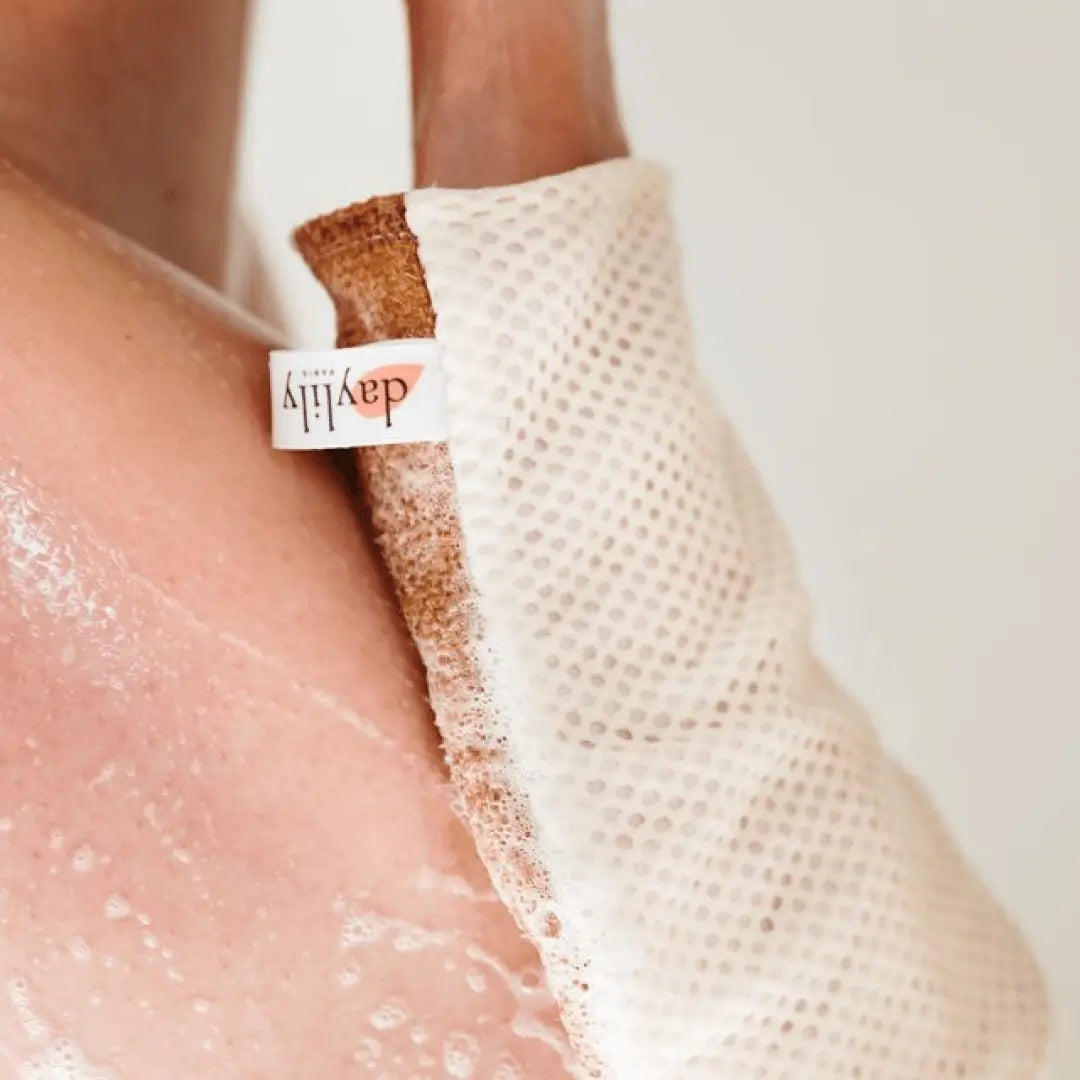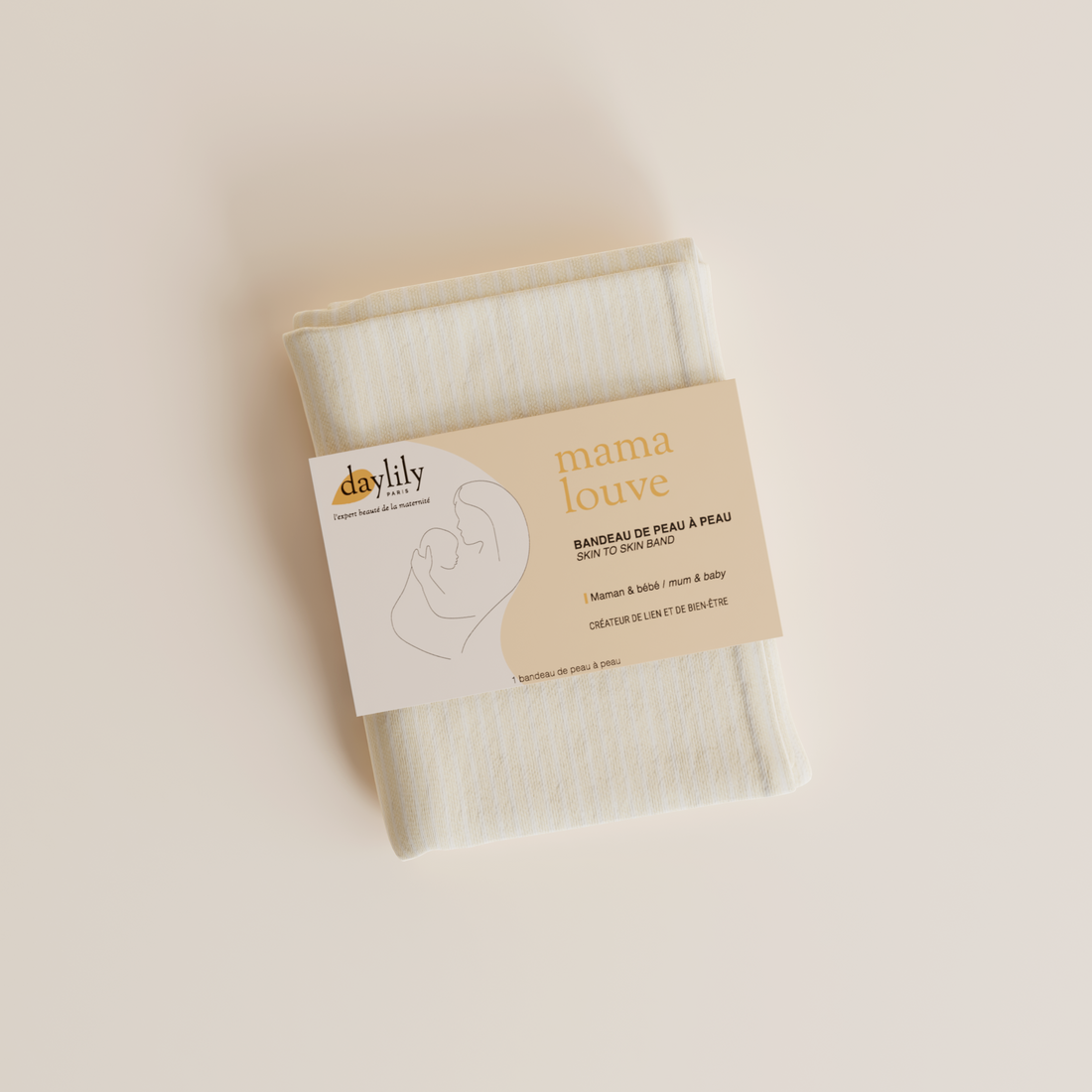Daylily Paris is a brand of clean, sensory and effective skincare products, made in France and 100% compatible with pregnancy and breastfeeding. We are also committed to sharing quality information for informed and uninhibited motherhood. 🧡
- What do we know about the circumstances of the death at this time?
- Is this medicine dangerous?
- To date this medication is suspended as a precautionary principle, are there any replacement medications?
- If the baby's death is linked to the pipette method of administration, what about other medications administered by this method?
What do we know about the circumstances of the death at this time?
We know that an infant died in early December 2 hours after ingesting his daily dose of uvesterol. According to what the media report, the first reports of the investigation having not yet been released, the infant died following a cardiorespiratory arrest probably due to aspiration or vagal discomfort following the absorption of this vitamin. I speak in the conditional tense, because as in any media scandal, many things are put forward which may not be verified subsequently. And we are not safe from learning in a few hours or days that this death is in fact due to another cause such as sudden infant death, a cardiac pathology or other...
Is this medicine dangerous?
Uvesterol D has been on the market since 1990 and until then, it had never caused infant death. However, this medication had been under surveillance by the authorities since 2006 because cases of aspiration and vagal discomfort had been reported potentially following the ingestion of this medication. Since this date, the laboratory has modified its pipette which is also much more advanced and safer than pipettes for other medications. The laboratory has also modified its instructions, placing heavy emphasis on the conditions of use of this vitamin. It should be noted that a priori it is not the composition of the vitamin that would be responsible for the death of this infant but its method of administration (by pipette).
It is important to clarify that vitamin D supplementation is essential in infants and children because it allows better absorption and fixation of calcium necessary for the growth of our children. This vitamin is in fact a hormone which is synthesized upon contact with the sun. However, in our regions with little sunlight, a large number of people in the general population are deficient in vitamin D. It is for this reason that we recommend supplementing infants with vitamin D as well as pregnant women during their pregnancy and all women in winter.

To date this medication is suspended as a precautionary principle, are there any replacement medications?
Parents who give uvesterol are advised to suspend its use and to see their doctor, pediatrician, midwife or to go to the PMI to be prescribed a replacement vitamin D.
Fortunately there are many brands of vitamin D. The best known is Zyma D which is administered in drops with a dosage of 4 drops per day for children. It is possible to dilute them in a bottle. There are other brands such as Adrigyl or Sterogyl that can also be administered as drops.
I would like to add that in terms of composition Zyma D is much safer than uvesterol. In addition to this problem regarding its method of administration, there are in its composition many suspicious, but nevertheless authorized, additives. This is why I have always preferred to recommend Zyma D to the parents I meet.
Natural vitamin D is also easily found on specialized sites, such as Nutranat products, for example.
If the baby's death is linked to the pipette method of administration, what about other medications administered by this method?
This is indeed the center of the problem. I am still taking precautions by saying that, if it is a mistake, the medicine is not incriminated but it is surely the way of doing it that was incorrect.
Recommendations for administering any medication by pipette are:
- Wait until the child is awake
- Place him in a semi-sitting position
- Administer the pipette into the hollow of the cheek at a moderate flow rate
- Check that your child swallows the solution correctly.
- Be very vigilant for vulnerable babies with swallowing disorders (gastric reflux, frequent regurgitation, etc.) or tone as well as premature and low-weight babies.
Finally, I would add that if there have been problems with the method of administration of this vitamin, it is because its prescription is widespread and this from birth. Thus, statistically an accident is more frequent compared to other drugs which are administered less often and later.
In our family with my daughter and my wife we even have our little ritual every morning once we are ready we all take our vitamin drops ;)
THANKS,
Fabien Lequenne, Midwife

